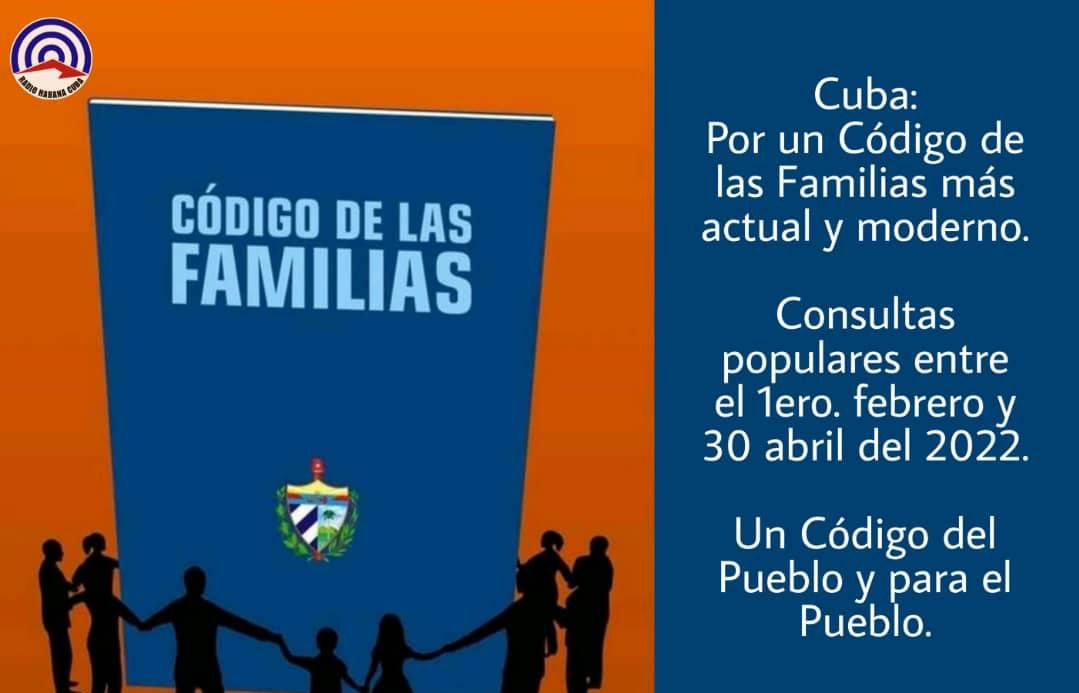
Cubans are once again urged to contribute opinions and suggestions, this time on an important legal text in the making, the draft Family Code Law.
By Roberto Morejón
Cubans were once again urged to contribute opinions and suggestions, this time on an important legal text in the making, the draft Family Code Law.
Until April 30, citizens will have the opportunity to participate in a meeting in their district, where the 24th version of the draft regulation will be discussed.
The text, widely discussed beforehand in circles of jurists, other specialists and in the parliament, receives the maximum attention of the State and it is expected that the citizens will also be interested, given its importance for the society.
The platform to be considered expresses the diversity achieved in the family institution in the largest Antillean Island and the dynamics of the new times, in accordance with the socio-economic characteristics and local traditions.
Consistent with the Magna Carta approved by a majority in referendum, the draft Family Code is a reflection of the humanist character of the social justice project under construction by Cubans, but not without difficulties and pitfalls.
Judging by experts in legal matters, the draft of the Code submitted to the careful scrutiny of almost seven million Cubans reflects the rigors of the science of Family Law, the native judicial practice and experiences of other countries.
One of the aspects to be highlighted in the precepts that, after gathering the corresponding criteria, will be submitted again to the National Assembly of People's Power, is that of protecting plurality and diversity, inclusion, equality and non-isolation of the nuclei constituted in the home environment.
For the elderly, the draft Code protects their right to a dignified life, in addition to making the family responsible for taking care of their spiritual and material needs in the crucial stage of longevity.
Moreover, the draft of the Family Code admits the right of the elderly person to choose the place of residence and with whom he/she wishes to live, while at the same time it determines provisions to eradicate possible acts of violence and segregation.
In a society like Cuba's, with a marked aging population, the emphasis on the protection of the elderly indicates, among other aspects, the adherence of the text to the guarantees of more justice and equity.

